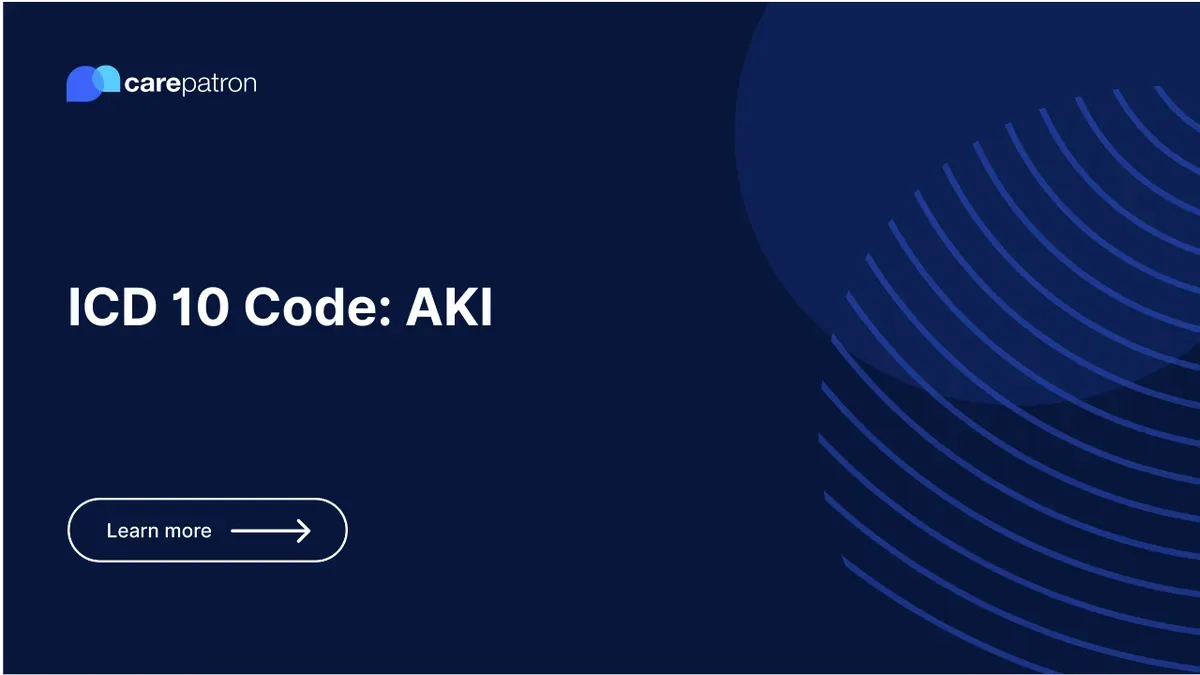
AKI ICD-10-CM Codes
Explore the ICD-10-CM codes for AKI in 2023. Learn about billable codes, clinical descriptions, synonyms, and more in this comprehensive guide.
Use Code
EHR and practice management software
Get started for free
*No credit card required
Free
$0/usd
Unlimited clients
Telehealth
1GB of storage
Client portal text
Automated billing and online payments
